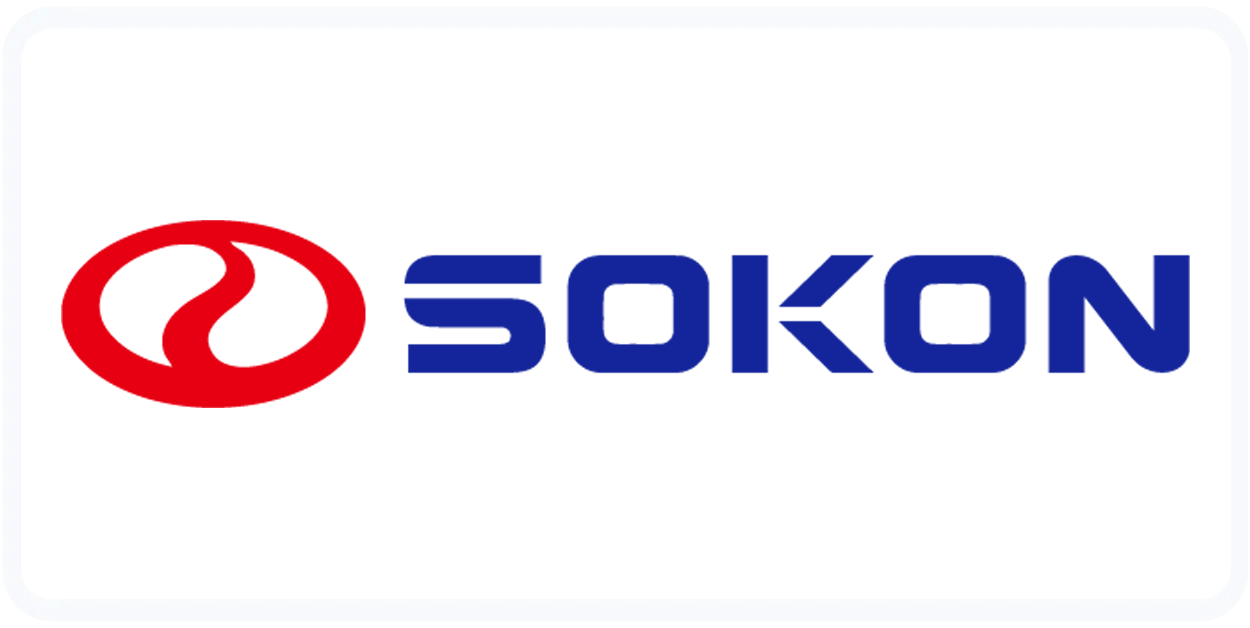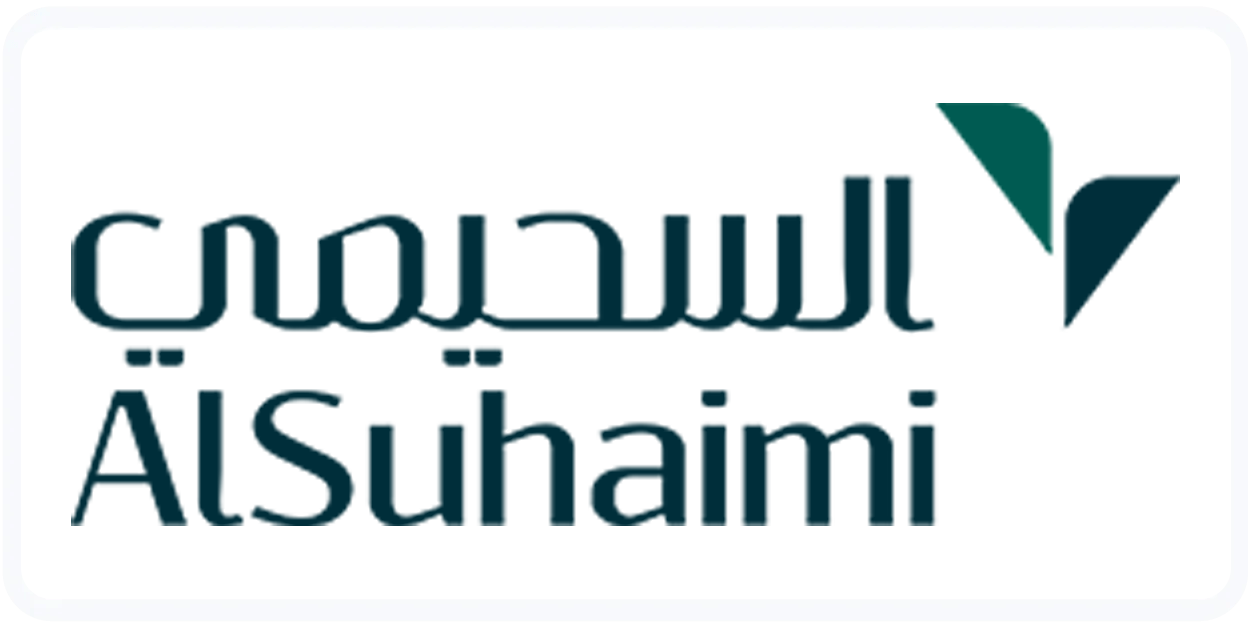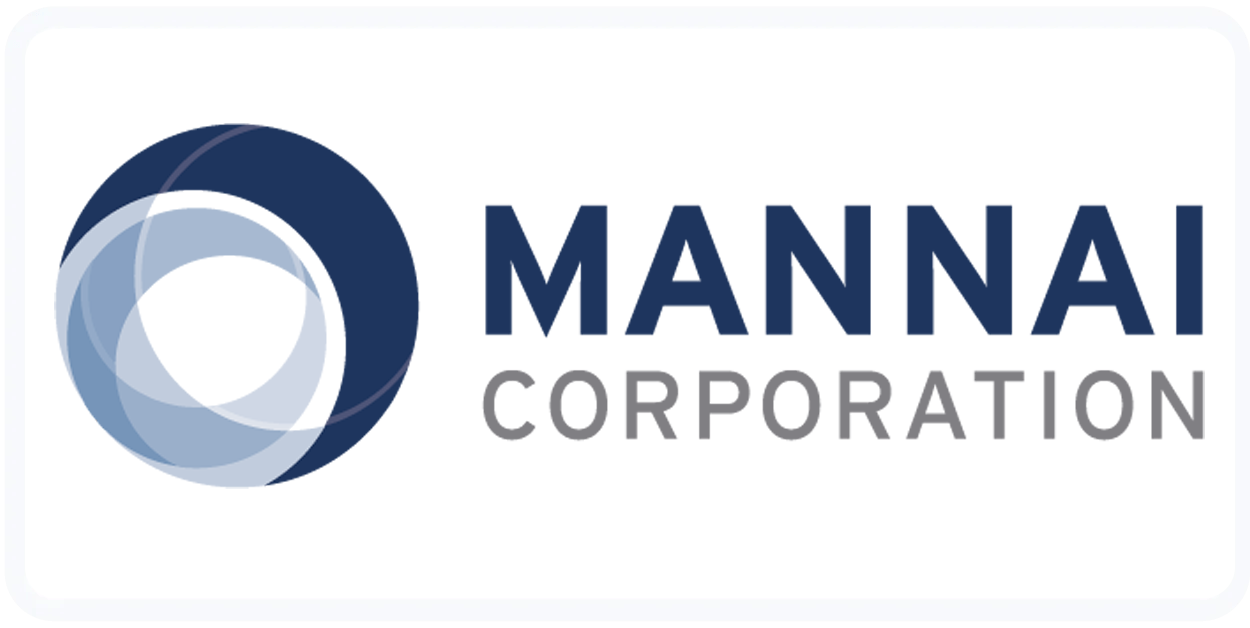A carefully prepared business plan is no longer optional for companies looking for business setup in Saudi Arabia; it is essential. With the real GDP climbing 3.4% in Q1 2025 and non-oil sectors growing by 4.9%, Saudi Arabia presents immense opportunities for growth. Vision 2030 has significantly changed the investment landscape, opening doors for foreign businesses that didn’t even exist five years ago.
Effective business planning is crucial when entering such a dynamic market. Whether you are the founder of a startup or managing a multinational’s regional growth, your success relies on understanding what sets Saudi Arabia apart.

Why a Saudi-Focused Business Plan Matters
Saudi Arabia’s economic transformation makes typical business plans inadequate. The Kingdom allows 100% foreign ownership, speeds up company registration, and supports private sector development with policies. These changes have created opportunities, but they also require specialized knowledge.
In local business culture, long-term relationships and trust are highly valued. Your strategy should respect Saudi customs and highlight how your business supports the country’s economic goals. Regulations are constantly evolving, so your plans should be flexible enough to adapt to the policy changes while remaining compliant.

Key Elements of a Strong Business Plan for Saudi Arabia
Executive Summary:
Start by explaining why Saudi Arabia is the right market for your business. Explain how your business aligns with Vision 2030 objectives like economic diversification or job creation. Investors and partners want to see how you are contributing to the nation’s goals and not just profit potential.
Market Analysis:
Use up-to-date information to support your case. Analyse demographics in detail – Saudi Arabia has a youthful population, with 60% of the population under the age of 30, high rates of smartphone usage and increasing disposable income. Study their spending habits and local preferences. Saudi consumers are increasingly prioritising quality and convenience, which creates opportunities for innovative businesses that can provide premium experiences.
Business Structure and Compliance:
Select your entity type wisely. Limited Liability Companies are ideal for small businesses, whereas Joint Stock Companies work well for larger businesses, especially the ones that require public involvement. Branch offices offer an easy option for established multinational companies that are exploring new markets. Each structure comes with its own compliance and Saudization obligations. Document everything carefully – Saudi authorities require detailed incorporation papers, shareholder contracts, and operational licenses that may differ by the sector.
Products/Services and Saudi Alignment:
Explain how your products/services cater to the local needs. Generic products often fail without careful localisation. Saudi consumers look for Arabic language support, Islamic compliance where necessary and service standards that meet their expectations. Take cultural preferences into account – services that are family-oriented often perform well, as do products that respect privacy and traditional values. Show how you will modify your products/services without compromising on quality. Several successful international companies changed their packaging, marketing messages and even product formulations to cater to Saudi preferences.
Financial Projections and Investment Requirements:
Provide realistic predictions considering the Saudi market. Include setup expenses, regulatory fees, and initial marketing investments. The 24% rise in foreign investment inflows in Q1 2025 indicates strong investor confidence, but still your projections should be based on local conditions.
Operational Plan:
Outline your setup process from obtaining licenses to hiring staff. In Saudi Arabia, different business activities require specific documents. Plan for Saudization requirements in advance, as it’s hard to find qualified local talent. The Kingdom has mandated that companies must hire certain percentage of Saudi nationals in their workforce, which differs by industry and company size. Include aspects such as banking relationships, logistics partnerships, and supply chain considerations. Think about the challenges of regional distribution – Riyadh and Jeddah have advanced infrastructure but getting to smaller cities needs different approaches. Also, consider seasonal changes in business, particularly during Ramadan and Hajj when consumer habits change a lot.
Risk Assessment and Adaptability:
Be honest about the possible obstacles. Changes in regulations, competition in the market, and shifts in the economy all affect how your business will perform. Show how your strategy addresses these factors while still aiming for growth.

Business Plan Success Tips for Saudi Arabia
Carry out detailed market research using government data and private sector insights. The Saudi General Authority for Statistics offers excellent economic indicators, while industry associations provide guidance specific to each sector.
Align your plan with Vision 2030’s goals and show significant contributions to economic diversification. Mention your Saudization strategy and commitment to local hiring. Make sure to prepare complete documentation for licensing applications, as missing details can lead to delays.
Consider the complexity of logistics, especially when dealing with physical products. Saudi Arabia’s infrastructure is developing, but regional distribution needs thoughtful planning. Consider partnering with well-established local companies for quicker market access.
Consult expert business consultants in Saudi Arabia who are very-well aware of the latest regulations and market conditions and trends. Laws often change and having expert guidance eases your business registration.
How Analytix Can Help?
We have a successful history of helping international companies at all stages of business setup. Our team offers expert advice on developing the perfect business plan, thorough market research, and regulatory compliance. With deep local insights and proper communication, we ensure that your business plan is made for actual success.
Once you partner with us, you can easily stay focused on your expansion plans as we handle all the complexities of the process.
Conclusion
Today’s favourable investment and economic conditions offer unmatched opportunities for companies, but you have to be prepared for everything. That’s why developing a detailed, localised business plan is crucial for entering the Saudi market and achieving success.
As the kingdom becomes a successful ground for companies, the market is becoming competitive – pushing businesses to look for expert assistance and strategic planning that goes beyond the basic standards.
If you are looking for personalised support on investment opportunities, market entry strategies, thorough business planning, give us a call and find out how we can help position your company for success.

























